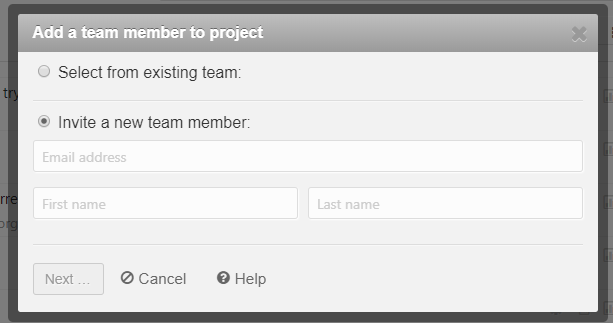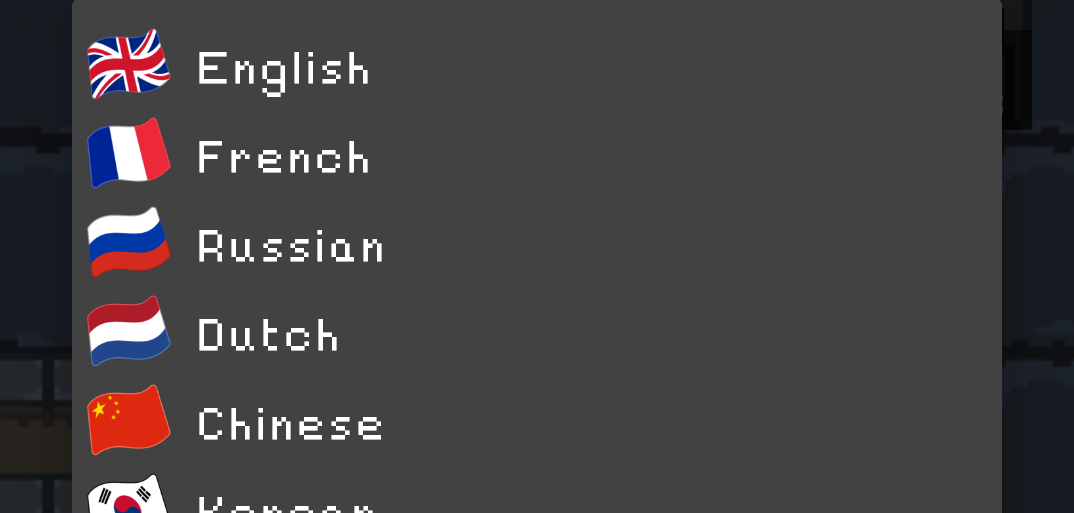-

Loco 3: Exporting strings
Loco is a translation management tool with a staggering array of features, and a very reasonable free plan. This series of guides will cover the basics of using Loco, continuing with Part 3: Exporting strings in a variety of formats.
-

Loco 2: Collaborating with others
Loco is a translation management tool with a staggering array of features, and a very reasonable free plan. This series of guides will cover the basics of using Loco, continuing with Part 2: Collaborating with others, covering comments, roles, and change history.
-

Loco 1: String management for multi-platform & multi-locale projects
Loco is a translation management tool with a staggering array of features, and a very reasonable free plan. This series of guides will cover the basics of using Loco, starting with Part 1: Creating a project and adding strings.
-

Generic SharedPreferences Utility Class
Recently, a project required both backed up and non-backed up SharedPreferences, as well as an easy way to read and write these values. The following class was created with this functionality, using generics in Kotlin for practice. This post will walkthrough some of the key features, the finished code is also available as a Gist.
-

Creating a custom Android ActionBar
By default, new Android projects have an ActionBar at the top (also known as a title bar), which usually contains a title, an optional back button on the left, and optional action(s) on the right. For many cases, minor customisations to colour are enough, but if a project requires exactly meeting a client’s design more advanced functionality will need to be utilised.
-

Getting OneSignal Working On A Multi-Module Project
Recently, upon attempting to implement OneSignal for user notifications (and following their installation instructions), a wide variety of intriguing and mysterious build errors were encountered.
-

Getting Started with Sugar ORM
Sugar is a very easy to use ORM library used to make handling databases on Android hassle-free. Whilst it lacks some features, it is ideally suited to smaller projects due to the simple syntax.
-

Auto-detecting Device Orientation Whilst Allowing User to Override
When creating games (and other apps), screen orientation is very important. In general, more casual games use portrait, whilst more hardcore / intense games use landscape. However, some games may be inbetween these two categories, or may wish to reach a wider audience by supporting both. Automatically rotating to match device orientation is easy, but allowing the user to “lock” one orientation is a little trickier.
-

Selectively Playing Tracks Whilst Game Is Active / Open
Playing background music on Android is pretty easy: just start a service with a media player. Great, that was easy! However, when the user presses the home button, the music… continues. This is good for music apps, but awful for games. In this example, Blacksmith Slots had one music track for the intro, and one for the main game.
-

Implementing A Locale / Language Selector
Android applications are distributed to users around the world, and these users aren’t always going to speak the same languages as you. Luckily, Android has excellent built-in support for automatically applying the right language, however this isn’t always enough. Sometimes a user may want to choose their language, and unfortunately there’s no built-in way to support this. The game Pixel Blacksmith uses the technique described in this article.